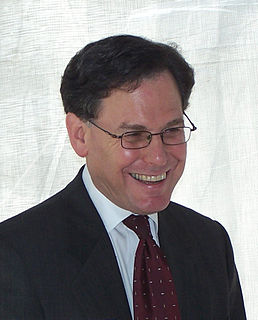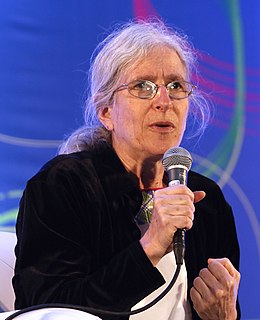A Quote by Dean Spade
We should understand that in the context of the US, where our legal system is based in settler colonialism, capitalism and white supremacy, changing laws will never sufficiently change the conditions of harm and violence our movements seek to transform.
Related Quotes
Dunbar-Ortiz strips us of our forged innocence, shocks us into new awareness, and draws a straight line from the sins of our fathers-settler-colonialism, the doctrine of discovery, the myth of manifest destiny, white supremacy, theft and systematic killing-to the contemporary condition of permanent war, invasion and occupation, mass incarceration, and the constant use and threat of state violence.
Critical Race Theory offers a critique of how law and certain law reform strategies misunderstand the actual operation of life-shortening state violence, and how that has produced a set of reforms that fail to actually transform material conditions of white supremacy. These critiques redirect our attention to the conditions we aim to transform.
I am arguing that it is a mistake for trans activists to focus our resources and attention on winning inclusion in legal equality frameworks, such as anti-discrimination laws and hate crimes laws, that will not provide relief from the life-shortening conditions trans populations are facing. Winning legal equality - getting the law to cast us as victims of discrimination who the state will protect - will not support our survival.
I call George W. Bush a radical because he is undertaking a fundamental transformation of our Constitutional system of government and of our longstanding policies that have been accepted for literally generations. He thinks to concentrate unaccountable power in the Executive. He thinks you alter the laws so that, as Commander in Chief, he can determine, under what he says are wartime conditions, what the laws are, which laws should be enforced, and declare by fiat what our policy should be, even abrogating longstanding international treaties.
Like other discriminatory legislation in our country's history, immigration laws define and differentiate legal status on the basis of arbitrary attributes. Immigration laws create unequal rights. People who break immigration laws don't cause harm or even potential harm (unlike, for example, drunk driving, which creates the potential for harm even if no accident occurs). Rather, people who break immigration laws do things that are perfectly legal for others, but denied to them--like crossing a border or, even more commonly, simply exist.
The legal system doesn't work. Or more accurately, it doesn't work for anyone except those with the most resources. Not because the system is corrupt. I don't think our legal system (at the federal level, at least) is at all corrupt. I mean simply because the costs of our legal system are so astonishingly high that justice can practically never be done.
We're all in the race game, so to speak, either consciously or unconsciously. We can overtly support white-supremacist racial projects. We can reject white supremacy and support racial projects aimed at a democratic distibution of power and a just distribution of resources. Or we can claim to not be interested in race, in which case we almost certainly will end up tacitly supporting white supremacy by virtue of our unwillingness to confront it. In a society in which white supremacy has structured every aspect of our world, there can be no claim to neutrality.

































